William Zorach

William Zorach, who was born in Lithuania, spent his early childhood in poverty in Cleveland. For many years he supported himself as a commercial lithographer while studying nights at the Cleveland School of Art. In 1907 he moved to New York City and studied at the Art Students League and at the National Academy of Design. During 1910-11 Zorach lived in Paris, where he attended classes at La Palette School. He married the artist Marguerite Thompson in 1912 and about the same time began working in a modernist mode, practicing Fauve and Cubist techniques.
Zorach exhibited in the famous Armory show in 1913 and in other avant-garde exhibitions. In 1922 he gave up oil painting for sculpture and turned away from abstraction toward a more figurative style. As a sculptor he was an exponent of direct carving--one of the first in this country--and found his characteristic themes in the simplest and most basic aspects of human experience: maternity, love between men and women, animals' vitality and grace. His style was formed by a strong sculptural sense of his materials and of the carver's techniques.
In 1929 Zorach began serving as an instructor at the Art Students League, which honored him with a retrospective in 1950. Zorach frequently showed his work at the Downtown Gallery, and in 1959 he had a major retrospective at the Whitney Museum of American Art.


